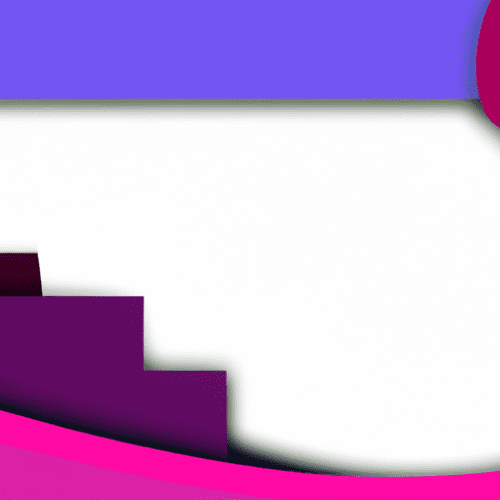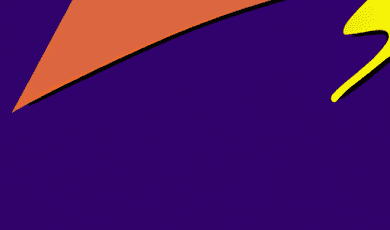
In a rapidly globalizing world, strong partnerships between Africa and Europe are more important than ever. These collaborations—whether economic, cultural, or educational—depend on open communication and mutual understanding. Yet, language remains one of the greatest barriers to seamless cooperation. In this context, German translation services emerge as essential tools for bridging the gap between two continents with diverse linguistic landscapes.
As an artist and observer of African dynamics, I am continuously fascinated by the rich exchanges that occur across continents. German-speaking countries, particularly Germany, Austria, and Switzerland, are significant partners for many African nations, investing in sectors like technology, renewable energy, education, healthcare, and entrepreneurship. However, for these partnerships to thrive, overcoming linguistic challenges is critical.
In this blog post, we will explore how certified German translation services are supporting African-European ties, fostering sustainable development, and empowering African voices on the global stage.
The Role of German Translation in African-European Collaborations
1. Africa and Germany: Partners in Progress
Africa’s relationship with the German-speaking world has deepened in recent decades. Germany ranks among the top European investors in Africa, with a focus on economic growth, capacity building, and the promotion of renewable energies. Institutions like the German Academic Exchange Service (DAAD) maintain extensive scholarship programs for African students. Meanwhile, German companies are increasingly present in African capitals, seeking to innovate and create sustainable solutions for local challenges.
Yet, these partnerships face hurdles. The diversity of Africa’s languages—including colonial languages like French and English, as well as Arabic and indigenous tongues—adds complexity to cross-continental dialogue. Official documents, contracts, research articles, and creative work often need to move between German and various African and European languages quickly and accurately.
2. The Value of Certified German Translation Services
Precision is everything when it comes to documentation, negotiations, and public relations. Working with certified German translation services ensures that official paperwork, business proposals, legal documentation, and technical manuals meet the highest standards of accuracy and reliability. Certified translators are skilled professionals who understand the importance of confidentiality, cultural nuance, and legal terminology.
Consider a Cameroonian entrepreneur who wants to establish partnerships with German tech firms. All contractual agreements must not only be linguistically accurate, but also comply with regulations in both countries. Certified German translation services provide this vital bridge, supporting businesses and individuals pursuing cross-border opportunities.
Similarly, in the field of health, African governments and NGOs often collaborate with German-funded programs, exchanging medical research, procurement tenders, training manuals, and public health communications. Here, accuracy is dependent on expert translators who ensure nothing is lost—neither in language nor in cultural sensitivity.
3. Enriching Diaspora Narratives and Transnational Dialogues
Language is not only an institutional tool but also a carrier of identity, history, and aspirations. African diaspora communities in German-speaking Europe—be they students, artists, or entrepreneurs—depend on translation services to share their stories and to access institutional resources. Translation supports the representation of African narratives in museums, galleries, academic journals, and the wider media.
German translation also supports African-European dialogue in culture and the arts. African filmmakers submitting work to European film festivals, Cameroonian writers seeking a German audience, or musicians collaborating with European producers all rely on translators to navigate contracts, subtitles, promotional materials, and outreach efforts. Through translation, African voices are amplified and appreciated in the heart of Europe.
4. Remote Interpretation and Digital Transformation
The advent of remote work and hybrid events has further highlighted the necessity of skilled language services. Virtual summits, trade expos, academic conferences, and online training sessions frequently bring together participants from Africa and German-speaking Europe. Here, remote interpretation and digital translation tools allow for real-time collaboration, eliminating borders and democratizing access to opportunity.
For NGOs and social entrepreneurs pursuing development projects across borders, online platforms offering German-English translation (and between German and other languages spoken in Africa) are indispensable. They ensure that everyone has access to the same critical information, regardless of their native language. This technological advance creates new avenues for economic inclusion and social impact.
Want to know more about effective strategies and guidelines for German-English translation? Check out this comprehensive German-English translation guide that covers best practices and common pitfalls.
5. Entrepreneurship, Sustainable Development, and the Next Generation
Translators are unsung heroes in the journey toward African-European cooperation for sustainable development. German funding and investment increasingly flow into sectors such as solar energy, fintech, agriculture, and vocational training in Sub-Saharan Africa. Yet, the transfer of knowledge—from patents to training materials, from grant applications to impact reports—depends on accurate translation.
African entrepreneurs and activists eager to scale solutions continent-wide face linguistic hurdles when participating in European startup accelerators or applying for international grants. Translation services not only help them present their ideas clearly but also position them for funding and mentorship opportunities.
For students and young leaders, scholarships and academic exchanges with German universities are gateways to new skills and networks. Here, access to certified German translation services is invaluable—ensuring that their academic records, research papers, and application documents meet rigorous European standards.
6. Translation as a Cultural Connector
At a deeper level, translation is also an act of empathy and cultural connection. It opens up African art, music, literature, and business values to German-speaking audiences, while making German innovation and education accessible to people from all corners of Africa. It brings distant continents closer and enriches the global tapestry of ideas.
As someone who passionately believes in the power of storytelling and cultural exchange, I have witnessed firsthand how translation transforms perspectives. It allows us to appreciate the nuances behind a proverb, a poem, or a business pitch that would otherwise be lost or misunderstood.
Conclusion
German translation services are more than transactional—they are enablers of progress, dialogue, and mutual growth. As Africa’s dynamic economies continue to rise and form stronger bonds with Europe, the need for skilled linguists who can navigate legal, technical, and cultural landscapes will only grow.
By investing in certified German translation services, African and European partners can ensure transparency, trust, and lasting impact. Language should never be a barrier to ideas or opportunity. Instead, through professional translation, it becomes a bridge—linking continents, amplifying African voices, and steering collaborations toward a more sustainable, inclusive future.
To explore the latest advancements and professional solutions in this field, you can visit this reputable German translation services provider. Their expertise exemplifies how language professionals facilitate cross-continental partnerships every day.
Let us continue to value and invest in the power of translation—the silent force weaving together Africa and Europe, culture and commerce, innovation and tradition. Together, we build bridges that endure..







